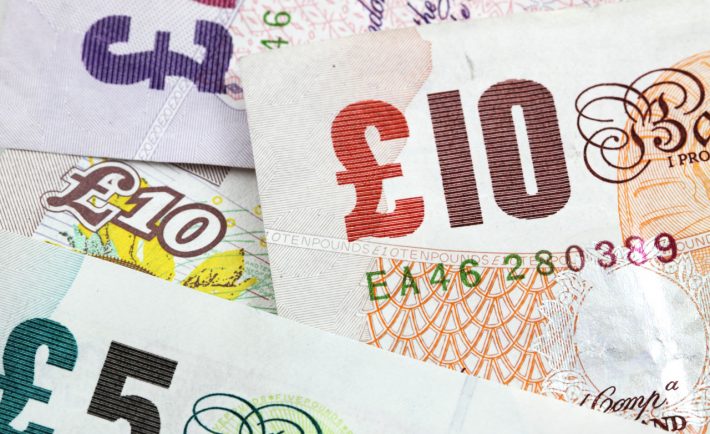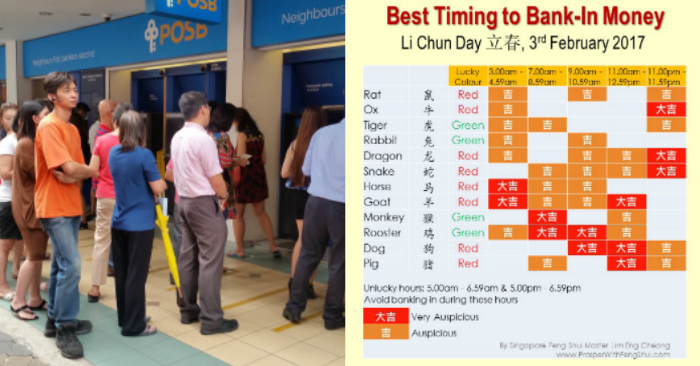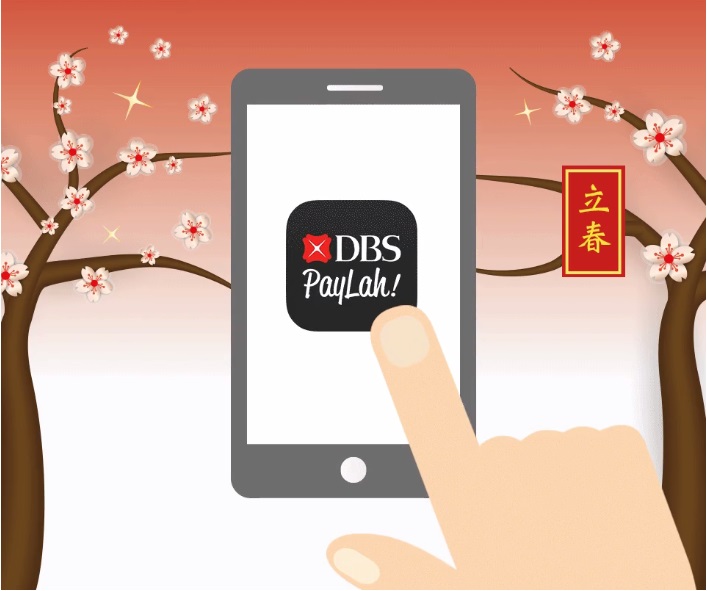While you are busy managing your own wealth, consider how you can develop these 6 habits of financially successful people.
#1: FASCINATION OVER BOOKS
According to Mr. Tom Corley, the author of “Rich Habits: The Daily Success Habits of Wealthy Individuals”, self-made millionaires have a shared passion for reading. His study found that about 85% of the participants indulged on two or more books in a month. These said books involve topics of improvement such as career, health, and leadership.
I cannot deny that life is an endless journey of discoveries. There will always be new theories to motivate employees and new strategies to invest your wealth. This is why you must read beyond what is expected of you. Set yourself apart from the competition!
#2: GONE IS THE BLAMING GAME
No matter how relatively robust Singapore’s economy is (i.e., compared to other countries across the globe), it cannot please everyone. Others have a habit of blaming the economy for their ill financial situation. Successful individuals and eventual millionaires refrain from behaving as such.
Reality check! It is time to take the full responsibility for your finances. Doing so will make you more accountable for your future spending.
#3: SACRIFICE COMES FIRST
The key to success is knowing that there is no easy way up! As you are only starting your career, you must employ sacrifices such as downsizing your flat or selling your car. Successful individuals transform every cent they can save into productive matters such as investing on quality education.
Accept that your way of life is something that you have to sacrifice first. For instance, the notable Warren Buffett drives his car until it completely wears out.
#4: THINKING OF THE LONG-HAUL
Overnight success rarely happens. You will probably agree that financial success requires strategic planning and careful outlook toward the future. Many successful individuals show concern about what their finances will be like in the next 5 to 10 years. They take conscious steps to reach their long-term goals.
Having this habit of setting long-term goals encourages the exploration of options to increase one’s wealth. It highlights the importance of having substantial savings.
#5: GOOD THINGS BLOOMING YOUR WAY
Have you heard of the quote: “Good things come to those who wait”? Well, financially successful individuals have their own twist! They essentially believe that good things will come as long as they hustle. They do not just sit around to wait for incredible blessings! They play an active role in their accomplishments.
Continue to expand your financial literacy. And at the same time, seek for new ways to boost your income. This will help you to efficiently tackle your financial goals.

Image Credits: pixabay.com
Ohhhh! You came here to read 6 habits. Sorry about that! Sometimes, you must give yourself the privilege to commit mistakes. It is possible to be right all the time (successful people know this).





 Depositing on “Li Chun” with DBS PayLah!
Depositing on “Li Chun” with DBS PayLah! Over the last few years, Singaporeans have taken to the practice of making cash deposits to their bank accounts on “Li Chun”. According to a guide put up by fengshui firm Chang Consultancy, different timings are advised for people to bank in money on 3 February based on their Chinese zodiac sign. This year
Over the last few years, Singaporeans have taken to the practice of making cash deposits to their bank accounts on “Li Chun”. According to a guide put up by fengshui firm Chang Consultancy, different timings are advised for people to bank in money on 3 February based on their Chinese zodiac sign. This year 

